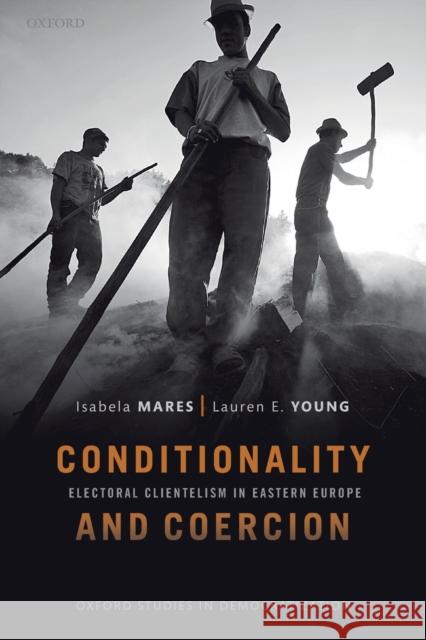Conditionality & Coercion: Electoral Clientelism in Eastern Europe » książka
topmenu
Conditionality & Coercion: Electoral Clientelism in Eastern Europe
ISBN-13: 9780198832782 / Angielski / Miękka / 2019 / 352 str.
Conditionality & Coercion: Electoral Clientelism in Eastern Europe
ISBN-13: 9780198832782 / Angielski / Miękka / 2019 / 352 str.
cena 177,59
(netto: 169,13 VAT: 5%)
Najniższa cena z 30 dni: 161,35
(netto: 169,13 VAT: 5%)
Najniższa cena z 30 dni: 161,35
Termin realizacji zamówienia:
ok. 30 dni roboczych.
ok. 30 dni roboczych.
Darmowa dostawa!
Kategorie BISAC:
Wydawca:
Oxford University Press, USA
Język:
Angielski
ISBN-13:
9780198832782
Rok wydania:
2019
Ilość stron:
352
Waga:
0.54 kg
Wymiary:
23.11 x 15.49 x 2.03
Oprawa:
Miękka
Wolumenów:
01
Dodatkowe informacje:
Bibliografia











